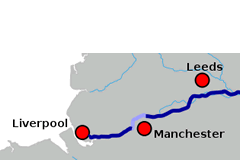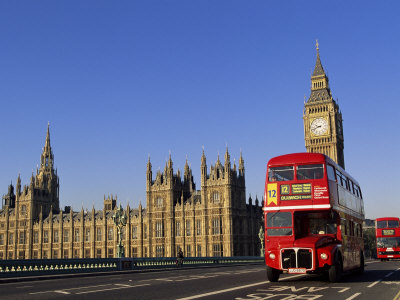As the Scots get ready to go to the polls to decide if they want total independence from the UK, or simply accept a generous additional devolution package that is on offer, the North of England continues to lobby Westminster in the hope that we can get some extra crumbs from the table that doesn’t include multi billion pound infrastructure schemes that, though much needed and long overdue, are at least a decade away from completion.
Local government cuts may have been necessary five years ago, but it is fair to say that those cuts were not imposed in an equitable fashion across the country, and cities like Manchester, Liverpool and Leeds; and indeed counties like Lancashire, have been tasked with taking more than their fair share of the pain since 2010.
Had the austerity programme been evenly distributed across the country then Manchester would be £1million a week better off. Similar statistics are also true in other northern regions.
But it is not only cash but power and responsibility that the north has been starved of. The Scottish parliament has enjoyed a huge amount of autonomy since 1999, whilst even the Welsh Assembly, representing a population that is fewer than Greater Manchester and many other English city regions, have more say over their nations affairs than we do here.
Downtown has long argued that structural reform of local government is vital. However, with that reform must include genuine decentralisation of real additional powers, not least the ability to raise and spend local taxes, greater planning and regeneration autonomy and the opportunity to spend education, training and employment budgets in a more locally relevant fashion.
These ‘asks’ have been made in a rather hopeful, half hearted way in the past; but the Scottish situation means that English devolution is right back on the agenda and this time political and business leaders mean business.
Already the mainstream political parties are talking far more seriously about how a new English devolution settlement can be progressed post the next election. The job now is to turn talk in to action, and once and for all give big northern cities the chance to shape their own destiny.







